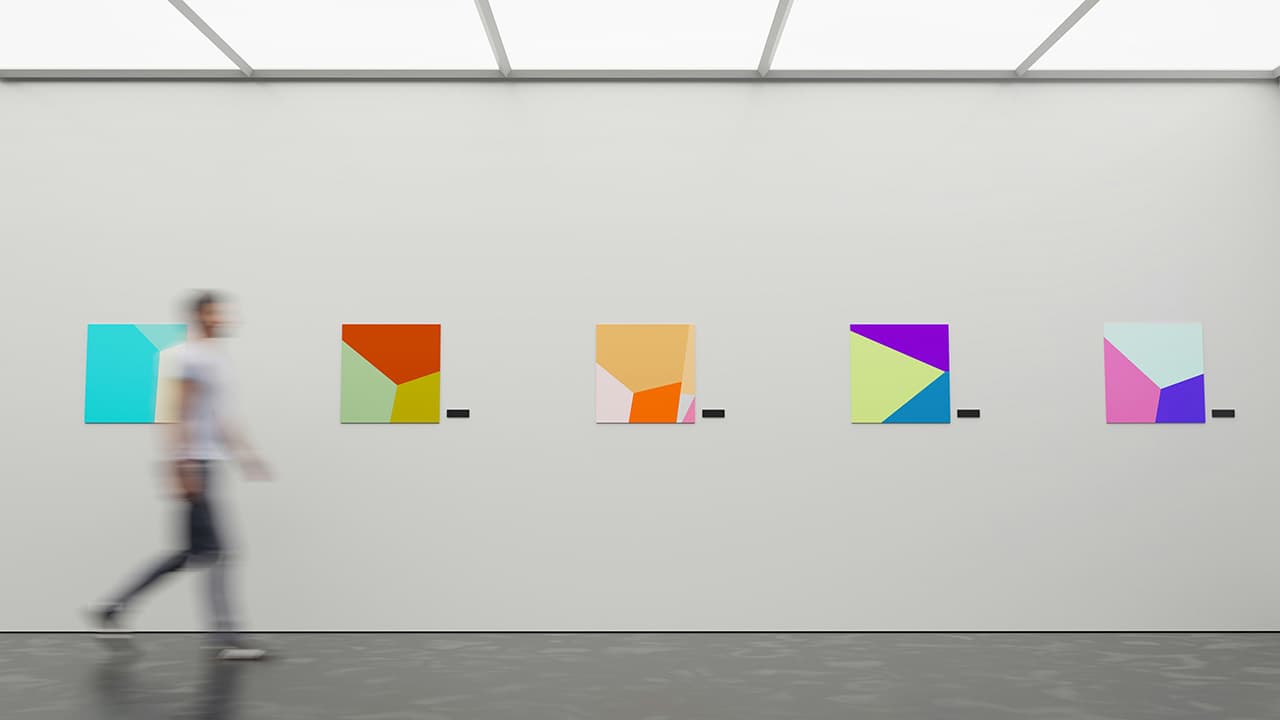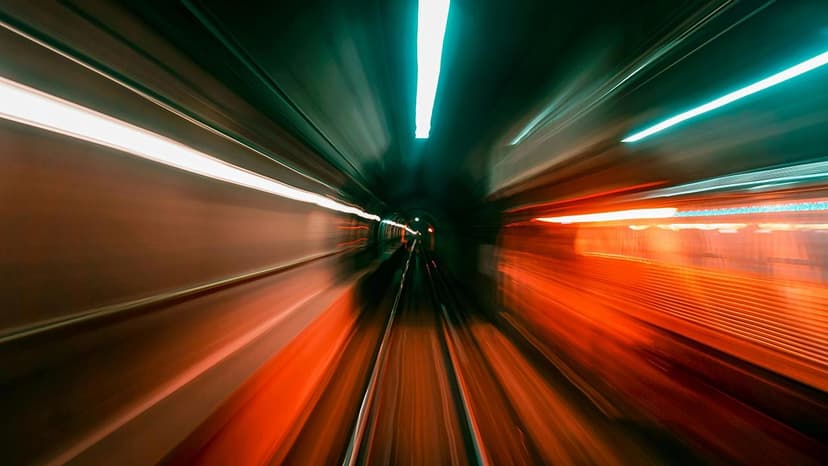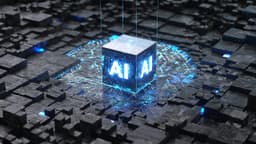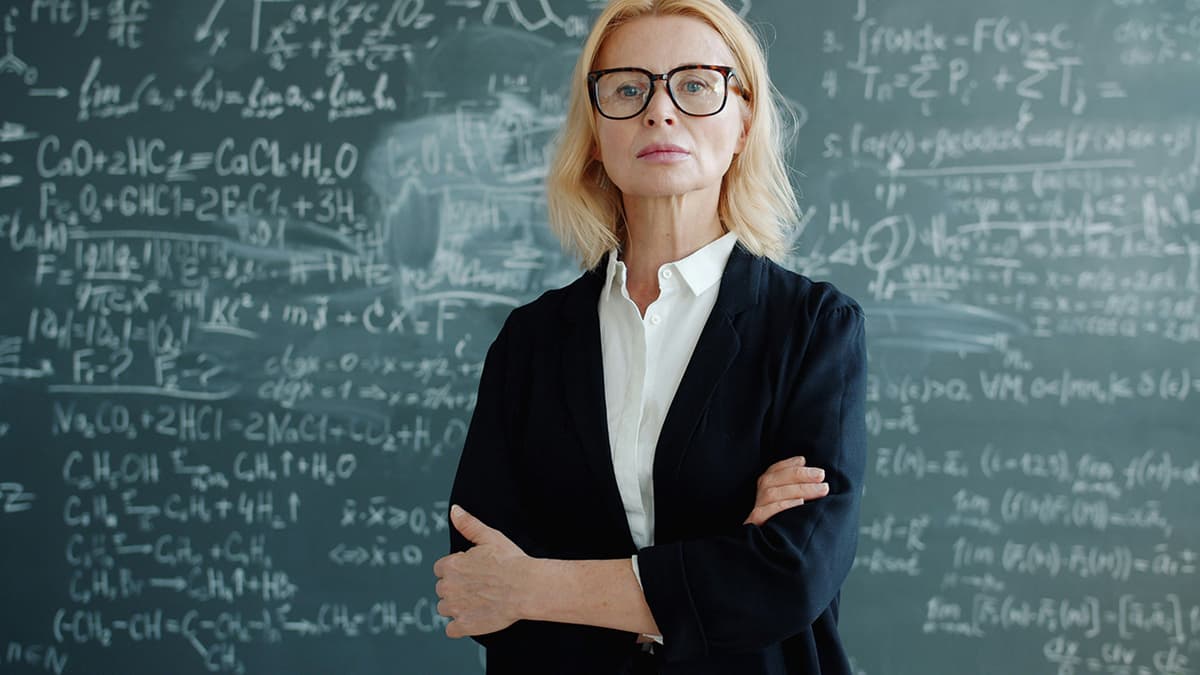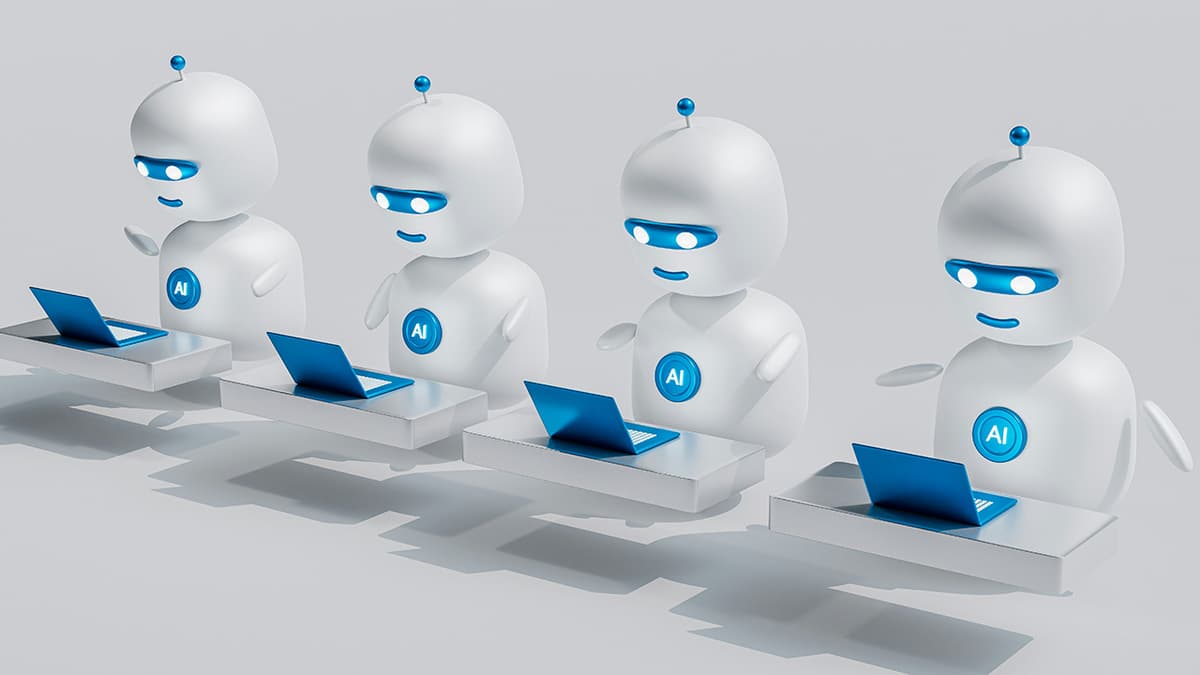Can AI Models Produce More Original Ideas Than Humans?
As AI technology, especially large language models (LLMs) like GPT-4, continues to advance, we see AI excelling at generating content, performing complex data analysis, and even creating art. But the question remains: can AI produce truly original ideas, the kind of innovative concepts humans are known for? So far, it seems that while AI is skilled at summarizing, combining, and analyzing existing information, generating entirely new, organic ideas remains a challenge. AI’s creations, whether text or images, are heavily based on patterns from what it has already learned, lacking the originality we associate with groundbreaking human innovation.
How AI Generates Content
AI models like GPT-4o and Llama 3 are built on vast amounts of data. They learn by analyzing enormous datasets—collections of human-generated text, images, or other forms of information. From this data, AI learns patterns, structures, and relationships, which it then uses to generate new outputs. Whether it's generating an article, painting a picture, or writing code, AI relies heavily on what already exists. It identifies patterns and recombines elements in ways that make sense, based on the data it has processed.
When asked to produce something "original," AI doesn’t come up with a completely new concept from scratch. Instead, it draws from the patterns it has learned, generating combinations that are likely novel to the user, but ultimately rooted in existing work. This ability to remix and recombine is impressive but does not equate to the ability to generate fundamentally new ideas.
AI’s Strength: Summarizing and Synthesizing
One area where AI truly shines is in its ability to summarize, analyze, and synthesize vast amounts of information. This makes it incredibly useful for specific tasks, like organizing complex datasets, creating concise reports, or pulling insights from diverse sources. For example, AI can read through hundreds of research papers and generate a summary highlighting the most important findings in minutes—something that would take a human much longer.
But this process is fundamentally about making sense of what already exists. AI excels at reconfiguring known information, but that is not the same as producing original ideas. In art, literature, or scientific research, originality often comes from introducing a new way of thinking or conceptualizing something that has never been considered before. So far, AI has not shown an ability to push the boundaries in this way.
Original Ideas: A Human Domain?
The generation of original ideas typically involves creativity, intuition, and a sense of purpose—qualities that are difficult to codify into an algorithm. Humans have the ability to think abstractly, reason about hypothetical scenarios, and make connections that may not be immediately obvious. This is often where innovation and originality come from.
Consider groundbreaking theories like Einstein’s theory of relativity, or the invention of the internet. These ideas weren’t just a synthesis of existing concepts—they introduced something completely new, often defying previous understanding. It’s this ability to think outside the box, to challenge the status quo, and to envision possibilities beyond the existing framework that seems unique to human cognition, at least for now.
Creativity in Art and Science
In the world of art, creativity is often about breaking rules, stepping outside conventions, or offering a new perspective. When AI generates paintings or designs, it does so by analyzing existing artworks and creating something new based on what it has learned. It can produce visually appealing pieces, but these works are still constrained by the boundaries of what it has been trained on.
Similarly, in science, many discoveries arise not from simply recombining known elements, but from challenging established ideas or creating entirely new frameworks. AI models can assist in research by analyzing data or generating hypotheses, but they have not yet shown the ability to produce the type of novel insights that lead to scientific breakthroughs.
The Limitations of AI Creativity
The biggest limitation of AI when it comes to original ideas is that it lacks true consciousness and intent. Human creativity is often driven by emotion, curiosity, and the desire to solve problems or express ideas. AI, on the other hand, lacks any internal motivation. It does not understand or care about the concepts it is working with; it simply processes data according to pre-set algorithms.
Furthermore, AI is limited by its training data. Since it can only generate content based on what it has been trained on, it cannot venture into areas that are completely outside the scope of that data. This is a fundamental barrier when it comes to generating original ideas, as true originality often involves creating something that goes beyond existing knowledge.
Is AI Creativity Imitation?
AI creativity can be seen as a sophisticated form of imitation. It takes elements from various sources, recombines them in unique ways, and produces something that appears new. But this process is fundamentally reactive—it relies on analyzing and responding to existing material. While impressive in its ability to mimic human creativity, it lacks the true spark of originality that defines human innovation.
In areas like literature, painting, or scientific discovery, human creativity often involves a kind of risk-taking or a leap of imagination that AI, bound by its data and algorithms, cannot yet replicate.
The Future of AI Creativity
It’s worth considering whether AI could one day generate truly original ideas. As AI models become more advanced and training data becomes more diverse, AI’s ability to synthesize information may improve. But even then, it is unlikely that AI will develop the intuitive, emotional, and conceptual faculties that are central to human creativity.
The future may involve more collaboration between humans and AI, where AI assists in the creative process by generating ideas based on existing data, but humans will still be responsible for introducing truly original insights. AI can help automate tasks, offer suggestions, and analyze possibilities, but the spark of innovation is likely to remain in the hands of human creators.
